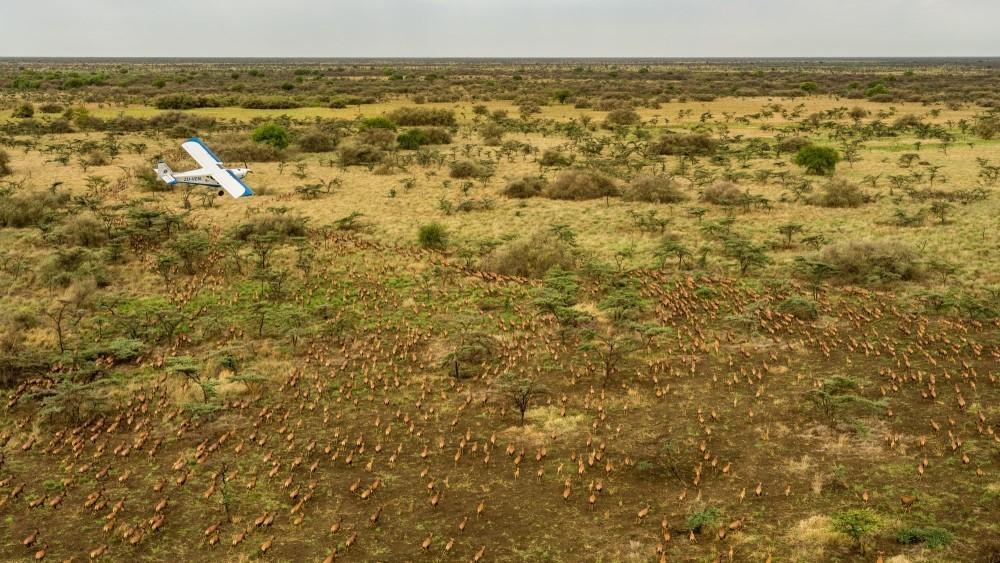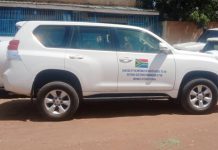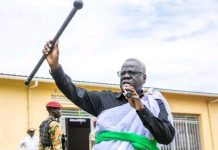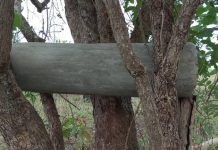Africa-Press – South-Sudan. A Member of Parliament in the Eastern Equatoria State Legislative Assembly has raised concerns over the activities of African Parks in Lafon County, accusing the conservation organisation of operating without transparency and proper consultation with local authorities.
Visor Likali, who represents Lafon County, said in a strongly worded statement extended to Sudans Post that African Parks, which manages South Sudan’s Badingilo and Boma national parks, had expanded its operations into new areas of the county without engaging either the traditional leadership or elected representatives.
“Recently, I received reports indicating that African Parks is expanding its operations into additional areas of Lafon County. Some community members believe this move stems from unresolved disagreements between the organisation and the County Commissioner over landing fees,” Likali said.
The MP acknowledged the organisation’s limited contributions, such as supporting teachers, but criticised what he described as poorly defined community benefits and a lack of transparency in their operations. He claimed the organisation bypassed local structures when it moved into Upuo Boma.
“There was no clear consultation with county authorities, nor were we, the people’s representatives, informed,” he said.
Likali further accused the current County Commissioner of “abusing his authority by making unilateral decisions that undermine community interests and traditional rights.” He called for an immediate halt to any secretive agreements between African Parks and local officials.
The legislator also warned against a growing trend in which NGOs and companies allegedly exceed their mandates and engage in resource exploitation under the guise of humanitarian aid.
“We must be clearly informed about how other valuable resources beyond wildlife are being managed or restricted. The suffering in South Sudan should not be used as a smokescreen by NGOs, companies, or investors,” the MP asserted.
Likali stressed that both traditional and modern authorities must be involved in decisions regarding land use and conservation efforts. He demanded that African Parks’ terms of reference be shared with lawmakers and indigenous communities.
“When the project concludes, our communities should be left better off—with visible progress and smiling faces,” he said.
He also criticised the political climate in the country, blaming undemocratic appointments and centralised decision-making for depriving grassroots communities of services and accountability.
“People at the grassroots are the reason we hold public office today, and service delivery must begin with them—not be manipulated in Juba for personal gain,” he concluded.
African Parks, an international NGO managing protected areas across Africa, has yet to respond to the concerns raised by the MP.
African Parks is a non-profit conservation organisation that takes on responsibility for the long-term management of protected areas in partnership with governments and local communities.
It manages 23 protected areas in 13 countries covering over 20 million hectares in Angola, Benin, the Central African Republic, Chad, the Democratic Republic of Congo, Ethiopia, Malawi, Mozambique, the Republic of Congo, South Sudan, Rwanda, Zambia and Zimbabwe.
Note: We have amended this article. The initial version erroneously stated that African Parks did not respond to requests for comments. However, the phrase was intended to read as “African Parks, an international NGO managing protected areas across Africa, has yet to respond to the concerns raised by the MP.”
For More News And Analysis About South-Sudan Follow Africa-Press






